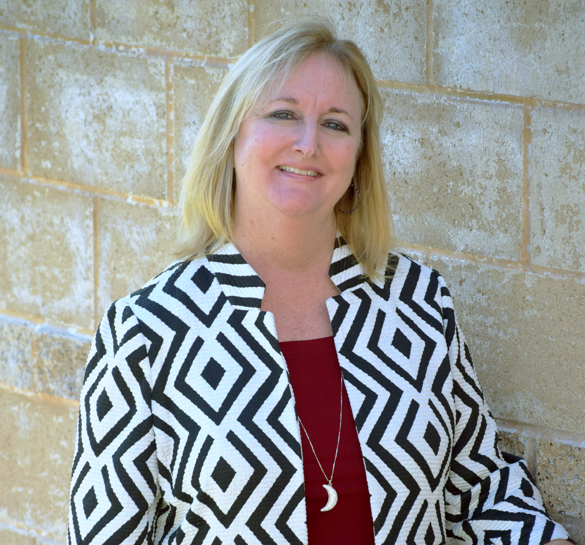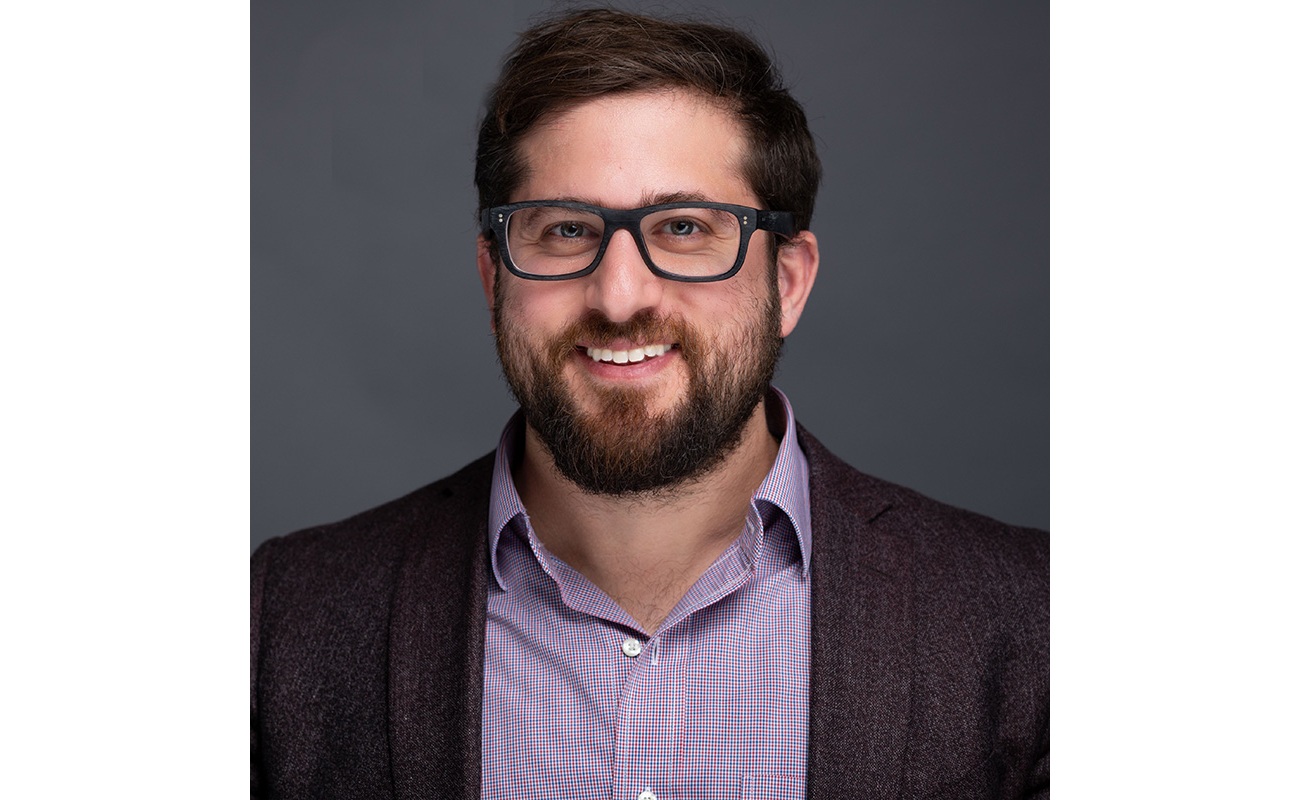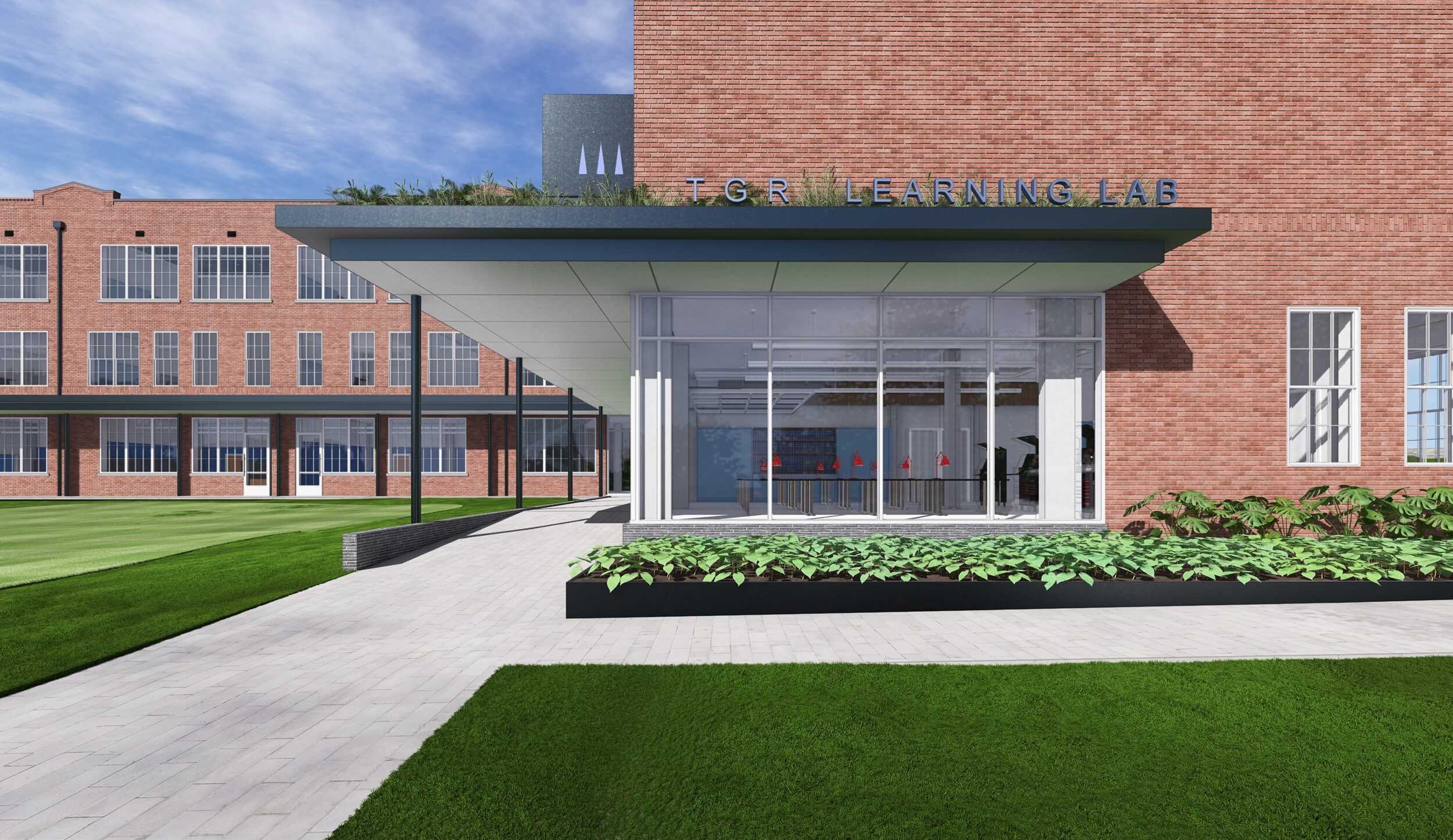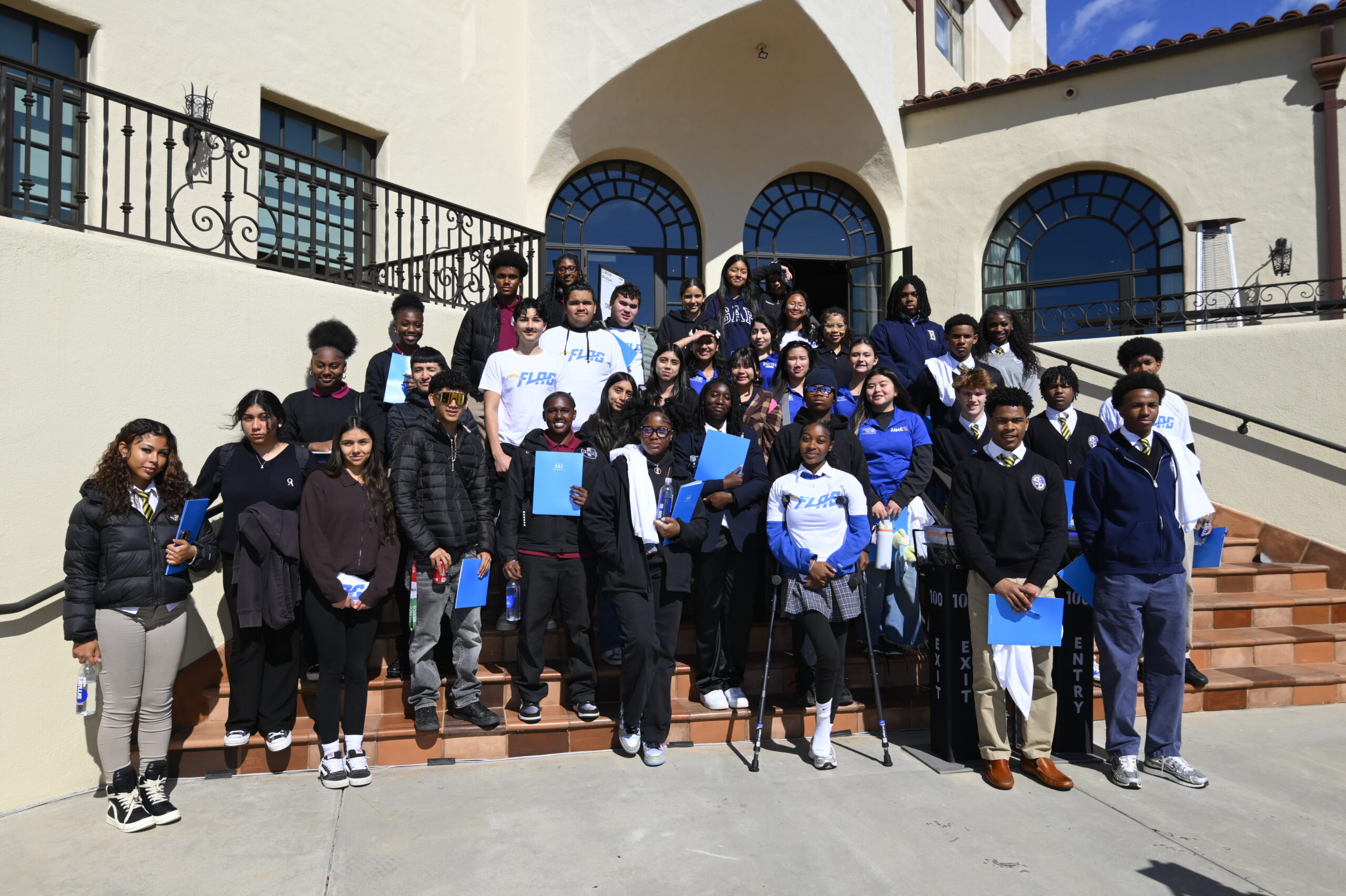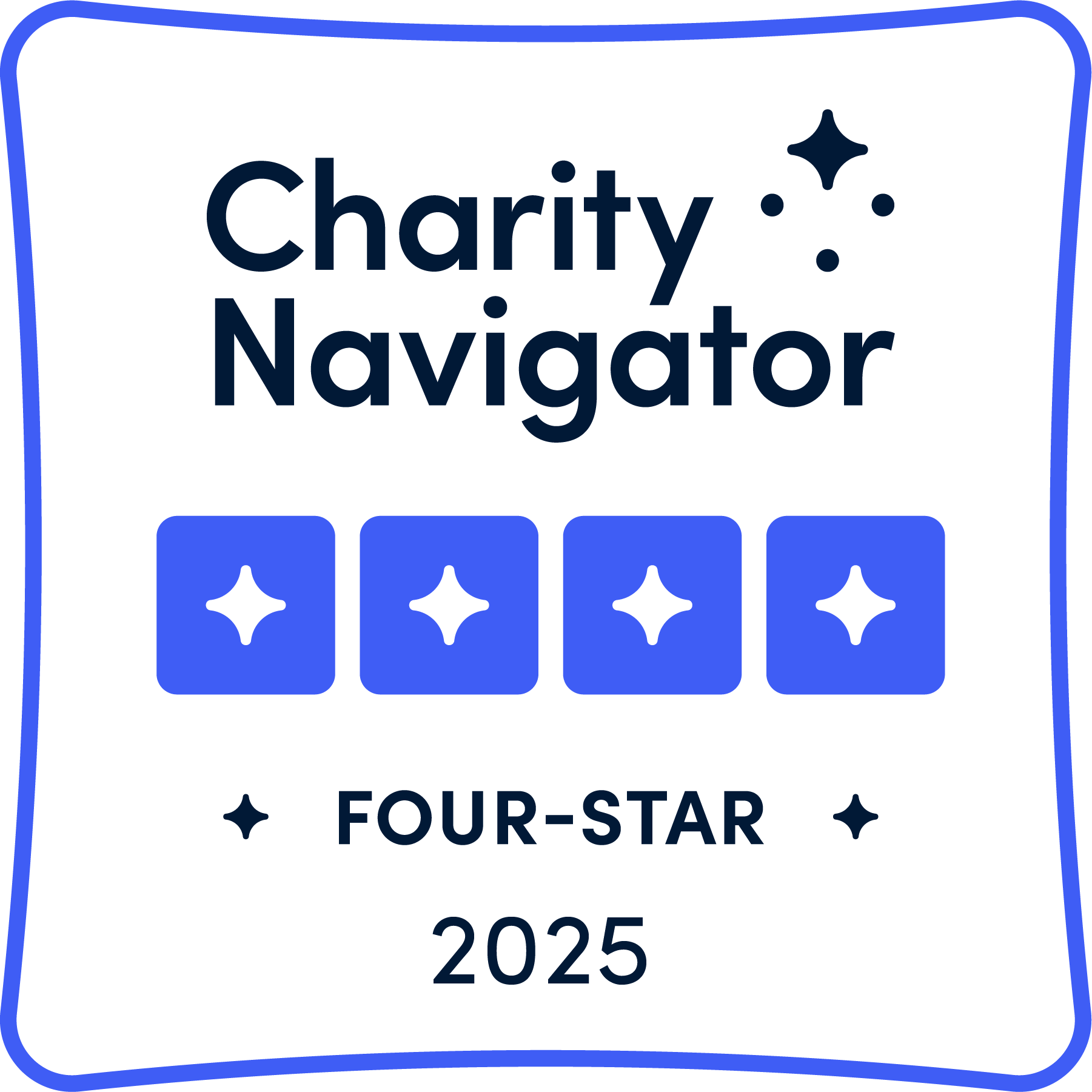Travel is fatal to prejudice, bigotry, and narrow mindedness, and many of our people need it sorely on these accounts.
Mark Twain
This summer I had the chance to examine the role of TGR Foundation from a global perspective. It started with a speaking role at Global MindED’s annual convening in Denver, CO where we discussed how organizations reach a diverse population with their work. The latter half of the summer took me to Israel where I examined the complexity of creating a STEM-integrated workforce by better preparing educators to meet the changing world facing their students. And most recently TGR EDU: Global trained more than 50 educators from around the world to transform their teaching through a focus on inquiry and problem-based pedagogy.
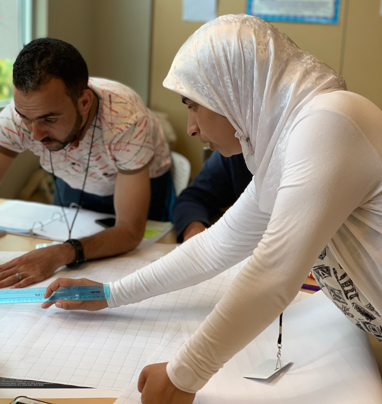
All of these experiences serve as inspiration and demonstrate the very real need to examine what is working and identify what needs greater focus if we are to fulfill our vision of a world where opportunity is universal and potential is limitless.
Twain’s words are especially relevant as my recent travel has allowed me to explore the importance of TGR Foundation’s global impact. One thing I learned is that the education challenges faced by teachers is not bound simply by where they live and work. Instead they are deeply rooted in history – a history where equity, access and inclusion define whether or not one can realize their dreams.
It seems like nearly every conversation and strategy session that I have been a part of lately includes discussions about diversity, equity and inclusion (DEI.) As I listen, read and watch organizations grapple to embrace these values, I am compelled to look deeper and measure the impact of efforts on youth programs. When asked, most leaders point to policies that have been adopted but few share the difference that policy alone makes.
At TGR Foundation, our staff meetings have turned away from updates on logistics and tactical conversations to focus on professional learning and growth. We have examined unconscious bias, grappled with how to use DEI research to improve programs and continue ongoing mindfulness training to keep these values top of mind in our work with young people and one another.
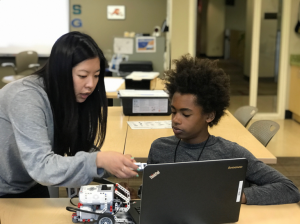
Following are questions that youth-focused organizations can ask themselves to see how they measure up.
Diversity
- How are our programs encouraging participation from a wide variety of students?
- What can we offer students with special needs?
- How are we reflecting our participant population – moreover, what is needed to be more culturally aware in our practices?
Equity
- How do we ensure that all students have the same experiences offered to them (classroom to classroom and/or site to site)?
- What makes our classroom environment equitable?
Inclusion
- How do we incorporate participant voice into our design process?
- Where is it easy to do so?
- Where is it a challenge?
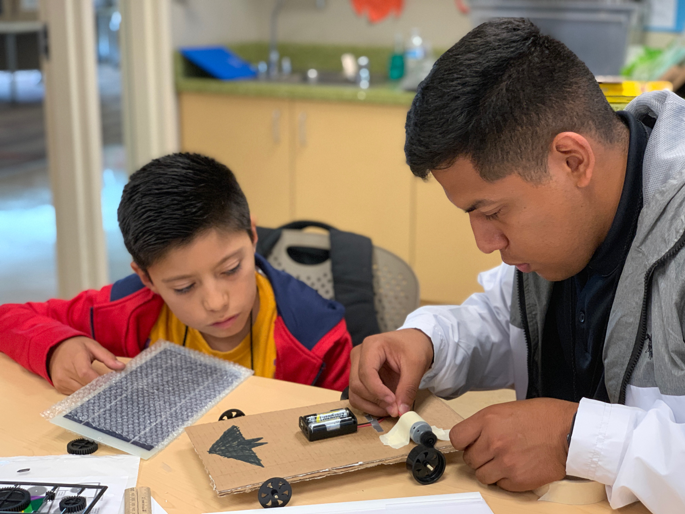
What I know to be true is that organizations must go beyond making statements that denounce racism and intolerance and move toward more action-oriented, visual representations of their work that show how they are designing and creating an environment that embraces diversity, promotes equity and ensures inclusion for all.
How is your organization addressing DEI and in what context? Share on Twitter using #TGRBihrChat.
Redefining what it means to be a champion.

